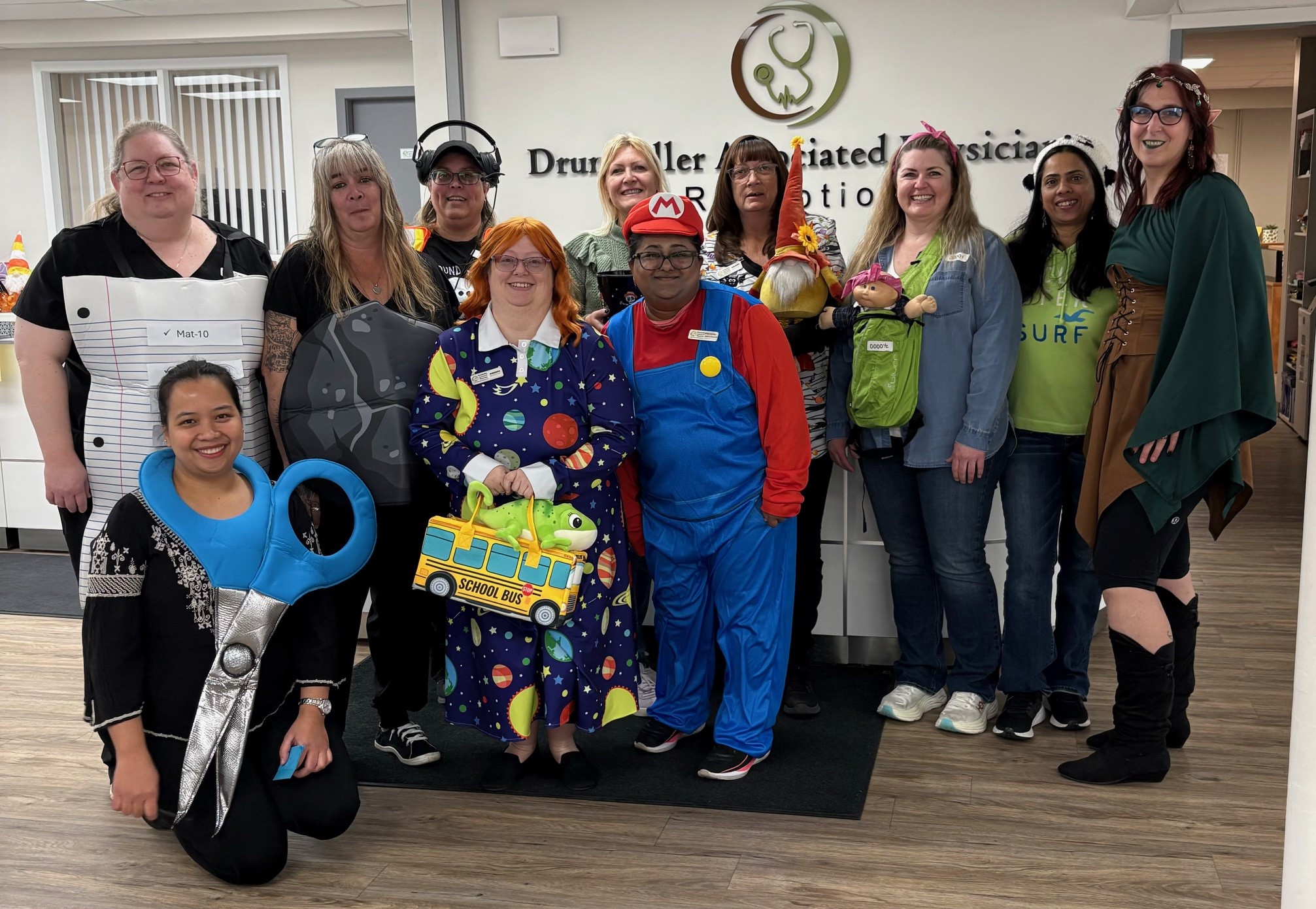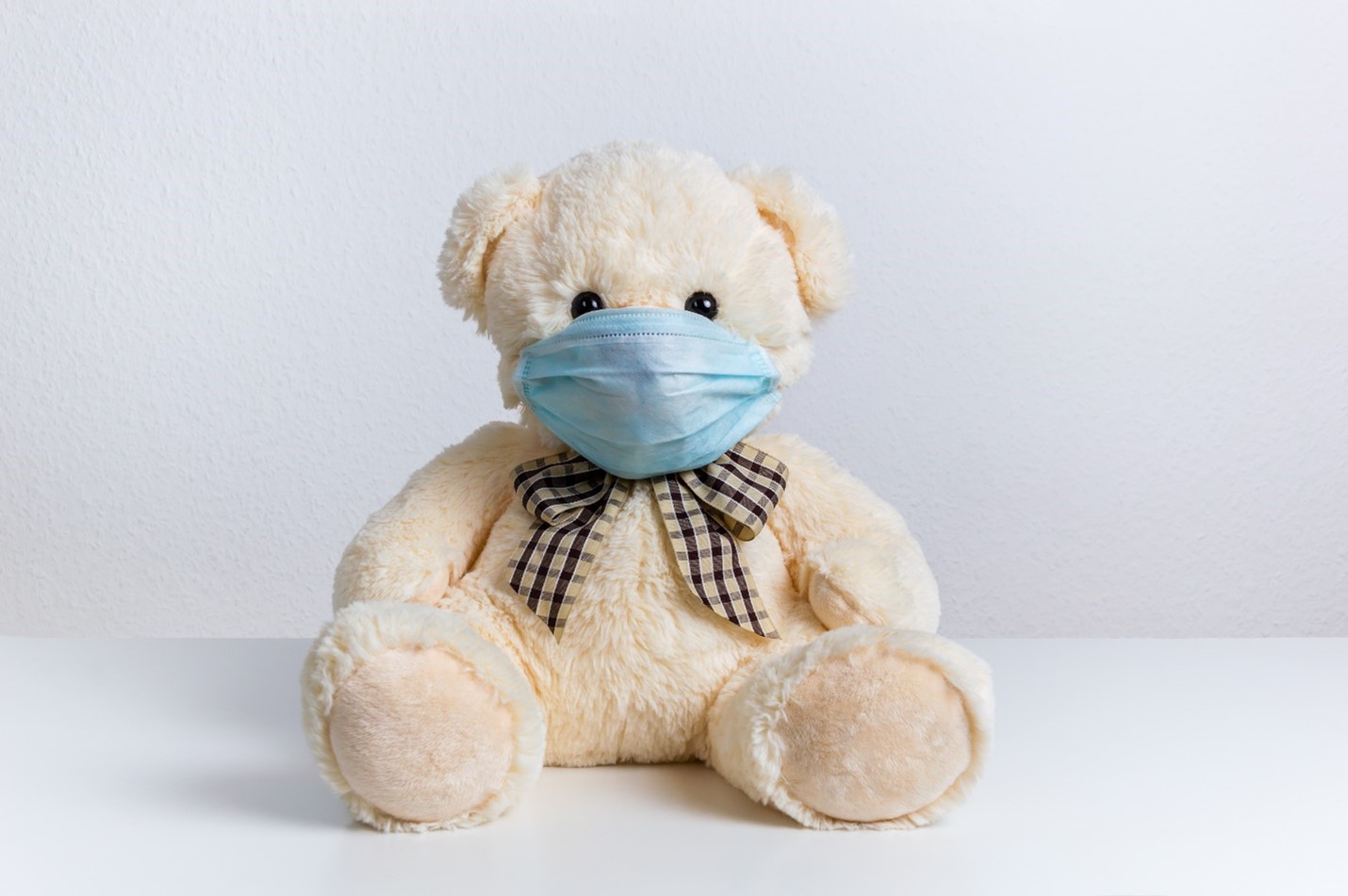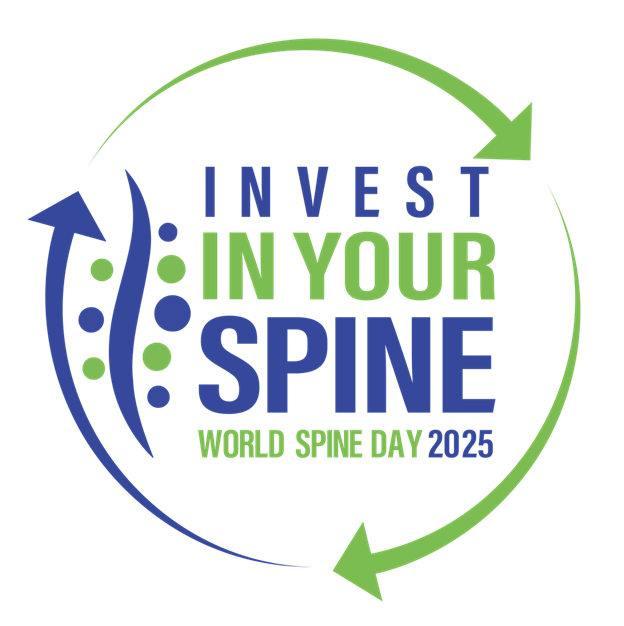RSV is a common infection that affects the airways and lungs, also called a respiratory illness. RSV mostly affects babies, young children, and older adults but you can get RSV at any age.
It is usually mild but it can be more serious in young children, older adults, and people with certain health problems. You can get it more than once in your life. RSV season tends to start in late fall and last until spring.
RSV symptoms are usually mild cold-like symptoms that get better in 1 to 2 weeks.
How does it spread?
• An infected person sneezes, coughs, talks, or even breathes.
• You breathe in the virus.
• You touch something that has the virus on it (such as hands or a door- knob), then touch your eyes, mouth, or nose. RSV can live on surfaces for several hours. It can live on unclean hands for 30 minutes or more.
You can spread RSV before symptoms start.
To stop RSV from spreading:
• Get the RSV vaccine if it is recommended for you.
• Avoid touching your eyes, nose, or mouth with unclean hands.
• Wash your hands with warm water and soap or use an alcohol based hand sanitizer often.
• Cover your cough or sneeze into your arm or a tissue, not your hand.
• Stay home when you are sick.
You can get the vaccine anytime of the year, it is best to get it before RSV season, which usually starts in late fall and lasts until spring.
If you are age 60 years or older and live in a continuing care or supportive living facility, you will be offered the RSV vaccine free of charge at your facility.
If you are age 70 years or older (or an Indigenous person age 60 years or older) and do not live in a continuing care or supportive living facility, you can book an appointment for RSV vaccine free of charge:
• Call your local pharmacy to find out if they offer the vaccine.
If you are not eligible to get the RSV vaccine free of charge, you may be able to pay for it at a pharmacy.









